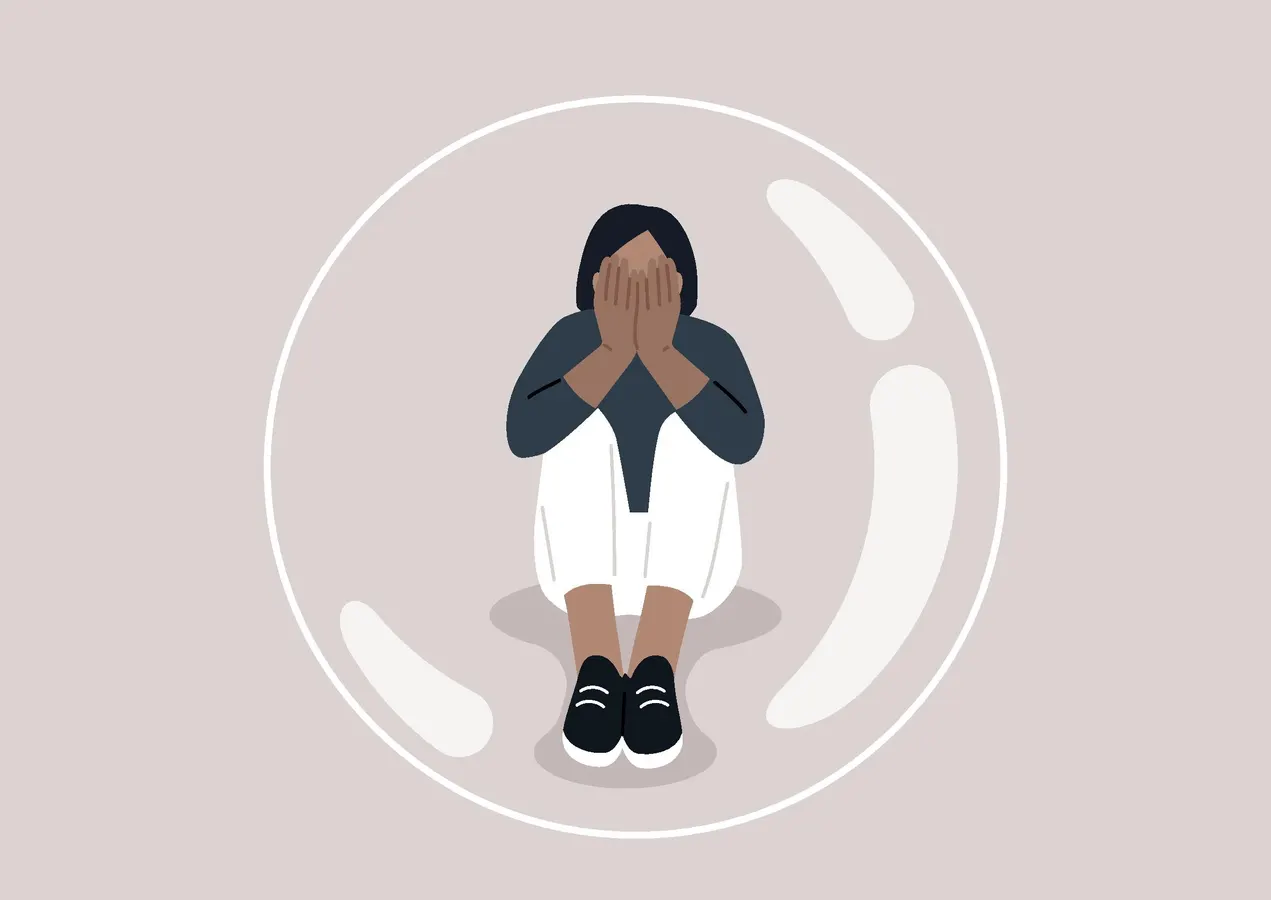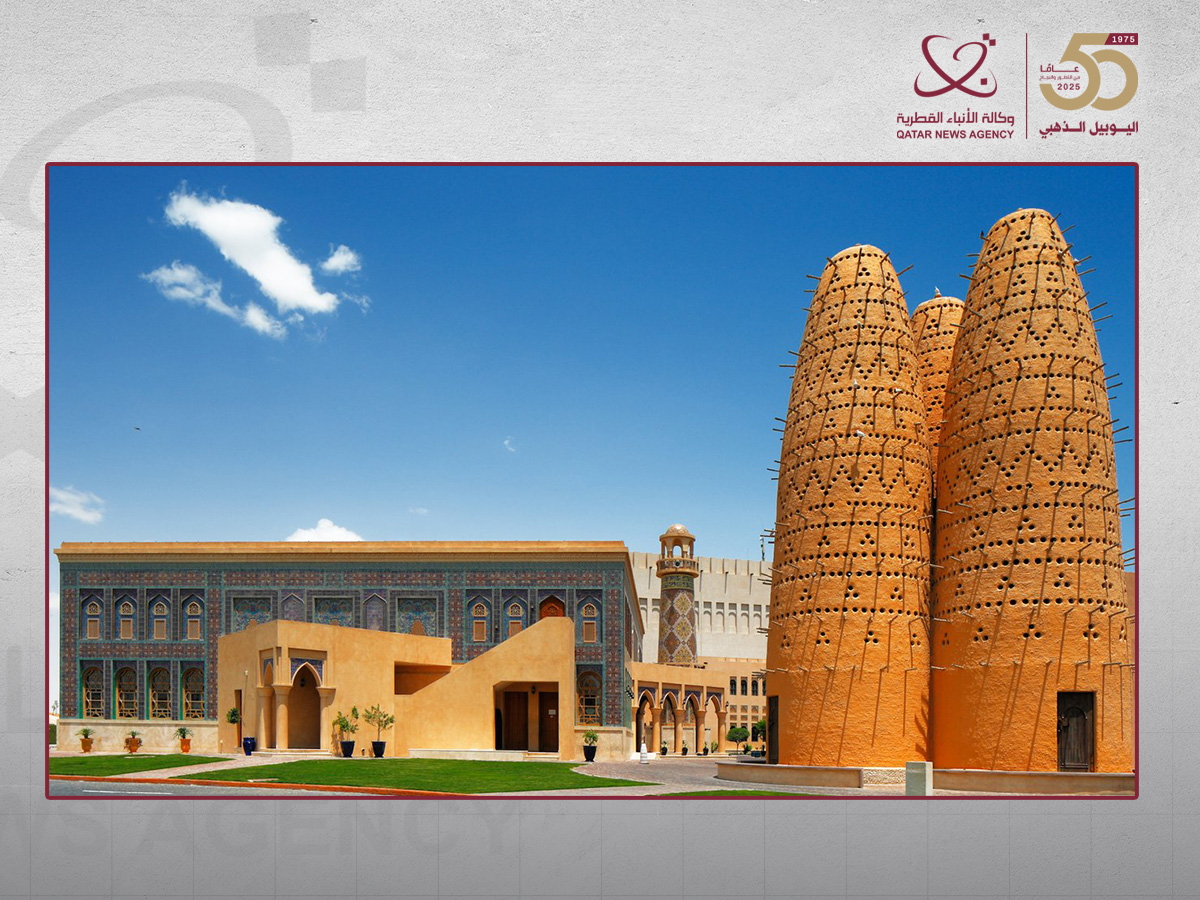Copyright Forbes

Trying to conceptualize love — to understand it, define it, or finally get it right in your own life — can feel like a complicated game you never quite win. People often try to read or reflect on the promise to try to do things differently. Yet, somehow, the same patterns can seem to circle back. It’s not that you don’t want love or that you’re not ready for it. Unconsciously, you may have built habits that keep you safe but also keep you stuck. If you’ve ever found yourself replaying the same patterns, you’re not alone. It is human nature, almost like an emotional survival instinct, to want to protect yourself from heartbreak. But in that pursuit, you may end up pushing away the very intimacy and connection you most need. The truth is that most people don’t sabotage love intentionally. It happens subtly, and often through patterns that feel harmless in the moment but create distance. These patterns don’t mean you’re broken or incapable of love, and it’s important to keep this as a reminder so as to not fall into a cycle of blame or guilt. Everyone builds certain protective patterns unconsciously to stay safe in the only way they know. Here are three habits that might be unknowingly blocking love from fully entering your life and how to begin opening up to it again. MORE FOR YOU 1. You Allow Others To Love You When you’ve been hurt before in love or seen hurt in relationships around you, your mind learns a simple lesson: to not let it happen again. This leads some to putting their guards up too high. In turn, defense mechanisms start operating beneath the surface, which eventually shape how open, trusting or vulnerable you allow yourself to be. A 2022 study sought to explore how people’s attachment styles, the emotional patterns you form early in life and carry into adult relationships, shape intimacy. After surveying 144 couples, the researchers found that people who scored high in avoidant attachment, meaning people who tend to protect themselves by staying emotionally distant, reported lower levels of intimacy in their relationships. This avoidance didn’t just affect their own feelings of closeness, but also influenced their partner’s sense of connection. However, when couples practiced “dyadic coping” — facing problems together and supporting one another emotionally — it helped counteract the negative effects of avoidance. This shared coping worked by creating more empathy, responsiveness and commitment, allowing even guarded partners to feel safer opening up. When individuals spend their lives focusing on protection instead of openness, they leave no space for closeness or intimacy. But just because you’ve lived with a certain pattern or attachment style doesn’t mean it defines you, nor that things can’t change. Although change won’t happen overnight, awareness and acknowledgment of the pattern can be a good first start. This can be the beginning of creating more space for love both within you and in your relationships. 2. You Try To Rush Love Love requires patience to grow and evolve. Yet in today’s dating culture, everything moves at the speed of swipes, texts and instant chemistry. Living in a world of instant gratification makes it so that everything is just a tap or click away. Patience has come to seem like a lost art, and the lack thereof can often carry into relationships. When any connection sparks, your instinct might be to chase certainty or quickly determine if it is meant to be or not, instead of letting things unfold naturally. In that rush, it’s also easy to mistake intensity for intimacy: to believe that strong feelings or constant communication equates to depth. But, in reality, this often just reflects the excitement of novelty, rather than the comfort of real closeness. A long-term study published in Developmental Psychology followed individuals over the span of a decade, from their teenage years into adulthood. The authors of the study wanted to understand how love and relationship qualities change over time. Based on ten and half years of data, the researchers concluded that: In the early stages of relationships, couples often experience high emotional intensity, which is strong affection and excitement. However, this intensity also comes with turbulence, including jealousy, control and conflict. Intensity is often mistaken for intimacy, but the study shows that while it feels passionate, it’s not always stable or healthy. People gain emotional maturity as they grow older. Similarly, as their relationships start to last longer, the nature of love begins to shift. Long-term relationships tend to become more balanced. They maintain warmth and support and show less jealousy, control and conflict. This transition suggests that real intimacy is about how consistently you show up over time. Time and emotional growth are of the essence in deepening connection, and love evolves from the emotional highs of a relationship to steady trust and understanding. 3. You’re Waiting To Feel “Ready” Before Letting Love In It’s very common to hold onto the belief that you have to be fully healed or emotionally “whole” before entering or deepening a relationship. It sounds responsible, and even noble — but in truth, it can also be a form of self-protection. Healing and connection are not separate paths. They can often unfold together. As 2019 research published in Current Opinions In Psychology notes, close relationships function as emotional ecosystems that help people both cope with difficulties, but also with grow beyond them. The study builds on attachment theory, which suggests that our early experiences with caregivers shape how we seek and experience closeness in adulthood. In adult relationships, partners can play the same roles, wherein they provide emotional safety and encouragement. Overall, the authors of the study emphasize the two key roles of relational support: Safe haven (support in adversity). When you’re struggling with stress, loss or failure, a loving partner will provide comfort and reassurance. This safe haven function helps regulate emotions and restores a sense of security. Secure base (support for growth). When you’re not in crisis, a healthy relationship also acts as a secure base. It encourages you to explore, even take risks and grow. Knowing that you have someone who believes in you and will be there if things go wrong can be one major factor in life that pushes you toward growth. The researchers emphasize that thriving in a romantic relationship isn’t just about avoiding pain. Relationships thrive when you flourish and grow alongside the person who you love. This is easier and more rewarding when you allow yourself and your partner to grow together, but also as ever-evolving individuals. As you begin to understand the importance of growth with your partner, an equally important reminder is that connection is not the sole fortress of this growth. True development also comes from working on yourself individually. A supportive relationship will amplify and accelerate that growth, but it can’t replace the personal work of understanding yourself and learning how to embrace life’s challenges independently. Love isn’t something you master overnight, nor is it a puzzle with a single “right” solution. The path to deeper intimacy begins with intentional choices. This means remembering that your patterns are simply emotional habits formed from past experiences, and not permanent truths about who you are or how you love. Once you start noticing and acknowledging these patterns, you’ll then start to see how their hold on you loosens. Change, thereafter, will happen gradually. Your inherent ways of being cannot change at the snap of a finger, and so it’s important to be patient with your progress. Your mind will often want to revert to old habits: pulling away, overanalyzing or bracing for disappointment, just because it feels “safer.” But the moment you notice these patterns happening, you can gently choose a different response. The result of this will be a deeper and healthier experience of love. And over time, those small choices will reinforce the fact that connection can be safe and healthy.



